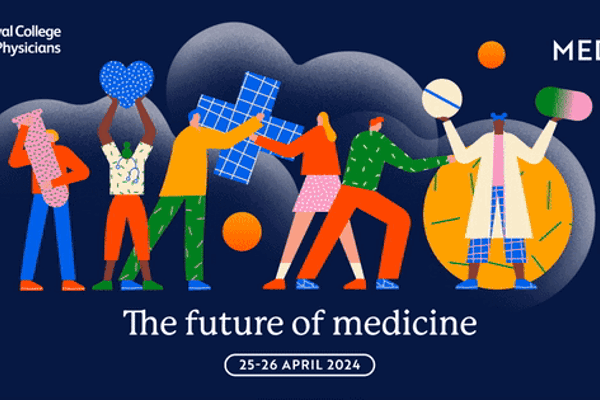Patient safety is the prevention of errors and adverse effects associated with healthcare.
At the RCP we are committed to ensuring that there are high standards of safety for all patients receiving medical treatment across the NHS. The RCP patient safety strategy seeks to make safety an integral part of professionalism and provides practical tools to support this.
We have set up a working group on medication safety with the Royal Pharmaceutical Society, British Pharmacological Society, Royal College of Nursing, Royal College of General Practitioners, NHS Improvement and NHS England. As a result of this work the collective has shared a repository of good practice.
RCP patient safety strategy
The RCP has always put patient safety as an integral part of professionalism.
The RCP has always put patient safety as an integral part of professionalism.
1. To influence the national agenda on patient safety to ensure that the regulatory, policy, and political landscape supports physicians and their teams to deliver safe healthcare
- Respond to national consultations relevant to patient safety for medical patients
- Work in close collaboration with other national bodies with responsibility for patient safety
- Author opinion pieces and editorials and articles in RCP and other publications around patient safety and RCP patient safety programme
- Champion patient safety work by physicians and their teams and support dissemination
- Champion patient and family involvement in patient safety work
- Contribute to building a learning and improvement culture through the Learning From Deaths Programmes.
2. To support physicians and their teams with the information needed to identify risks to patient safety or a patient safety incident
- Support the implementation and learning from the National Early Warning Score (NEWS)
- Develop standards for incident electronic documentation, reporting and learning through Health Informatics Unit (HIU)
- Work with colleagues in Clinical Pharmacology, Royal Pharmaceutical Society, and other professional groups to promote safe use of medicines
- Work with Medical Specialities to ensure consistent practice, shared learning and consistent implementation of areas of common practice
- Work with other professional organisations on key topic areas related to patient safety risk and incidents e.g working with NHRA on clinical decision support tools.
- Deliver the National Mortality Case Record Review Programme (NMCRR) to identify areas of good practice and areas for practice improvement.
3. To build the capability of physicians and their teams to respond to identified patient safety risks or incidents
4. To support physicians and their teams to review systems, processes and behaviours to build prevention and learning into their local healthcare system
- Develop a Patient Safety leaders programme for Physicians
- Incorporate patient safety in other RCP education and quality programmes eg New consultants programme, ISMEE programme in Endoscopy accreditation
- Support the implementation and further development of Safe prescribing for junior doctors
- Deliver Professionalism and Patient Safety workshops
- Pilot systems safety education programme for doctors in training
- Incorporate and apply Engineering Better Care approach to patient safety issues
- Incorporate patient safety into Quality Improvement Programmes
- Host learning events on Patient Safety topics as appropriate and opportune.
5. To support doctors who have been affected by or need to raise patient safety issues
- Provide support information to employers and individual physicians around “second victim”
- Provide mentorship and support to individual physicians when appropriate
- Work with others to develop more consistent support to doctors who have been affected by or need to raise patient safety issues.





